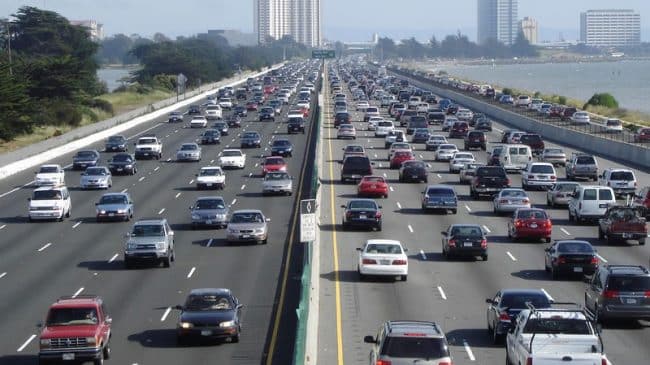In March 2012, the U.S. Senate approved its MAP-21 surface transportation reauthorization bill. While MAP-21 has a number of parallels with H.R. 7, it also contains several provisions intended to discourage and restrict the use of long-term public private partnerships (PPPs) for transportation infrastructure. This brief describes those provisions and explains how and why they would deprive states of a much-needed tool for expanding investment in highways and transit.
Public-Private Partnerships (PPPs) for infra.structure are long-term contracts between public and private entities for the financing, construction (or reconstruction), operation and maintenance of specific infrastructure facilities. PPPs are used for both highway and transit projects. State departments of transportation, public transit agencies and highway contractors all support PPPs. PPPs are one of the few infrastructure development mechanisms supported by both the Brookings Institution and the Heritage Foundation.
PPPs are a method of financing a project by raising all the needed construction funds up front and paying them off over time from dedicated revenues (such as tolls or a dedicated transportation tax). This enables states and the federal government to overcome the problems created by traditional highway funding mechanisms, which involve paying with cash from cur.rent tax receipts. Such cash funding means that large projects are either (a) deferred for many years until all the funds are saved up, or (b) built in bits and pieces over a long period of time. PPPs deliver needed transportation infrastructure years or even decades sooner than when financed with cash. Over the past two decades, nearly 40 long-term transportation PPPs have been financed in the United States. PPP toll projects are under construction or in operation in a growing number of states, including California, Florida, Indiana, Illinois, Texas and Virginia.

